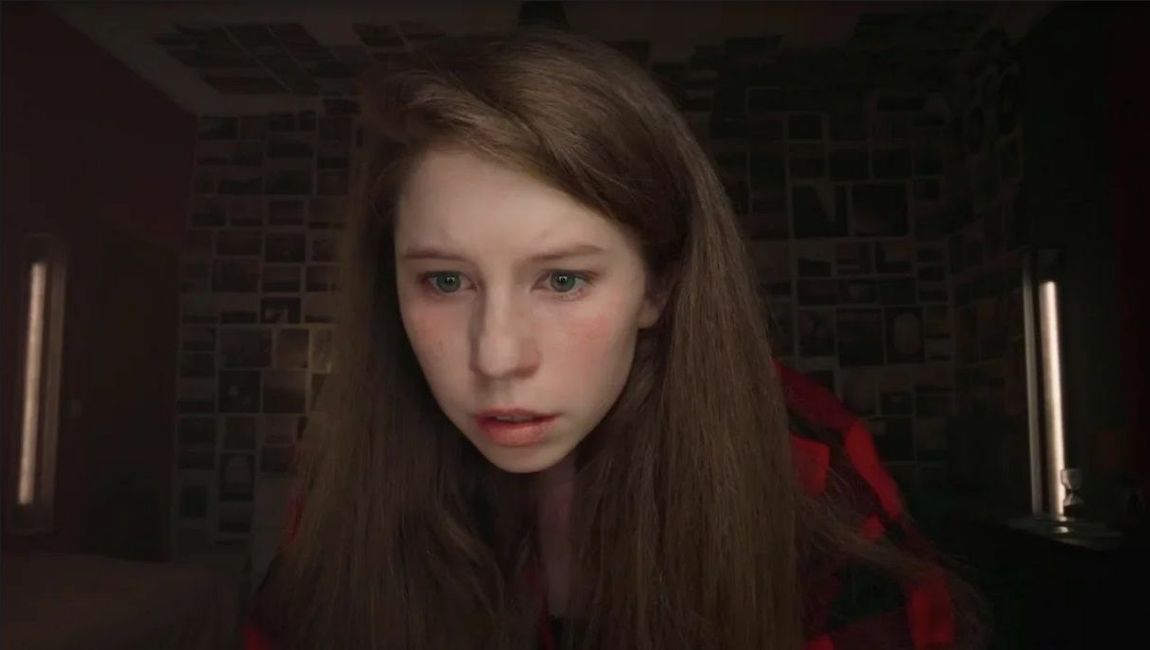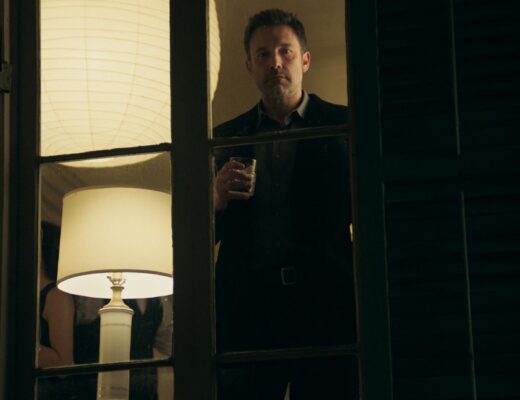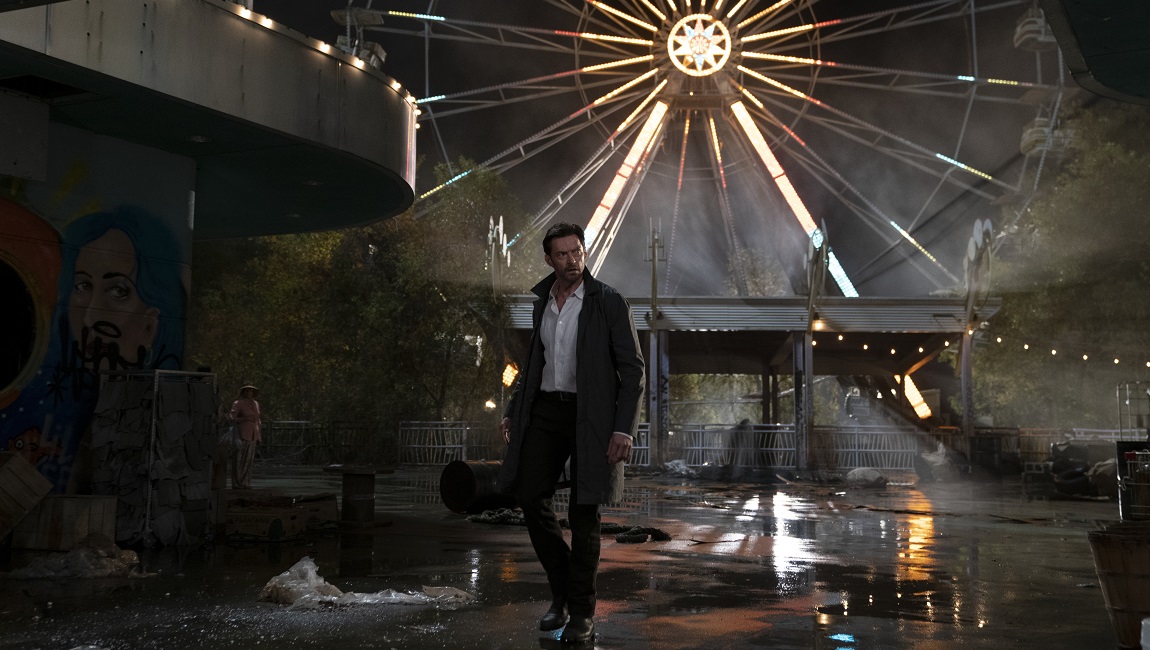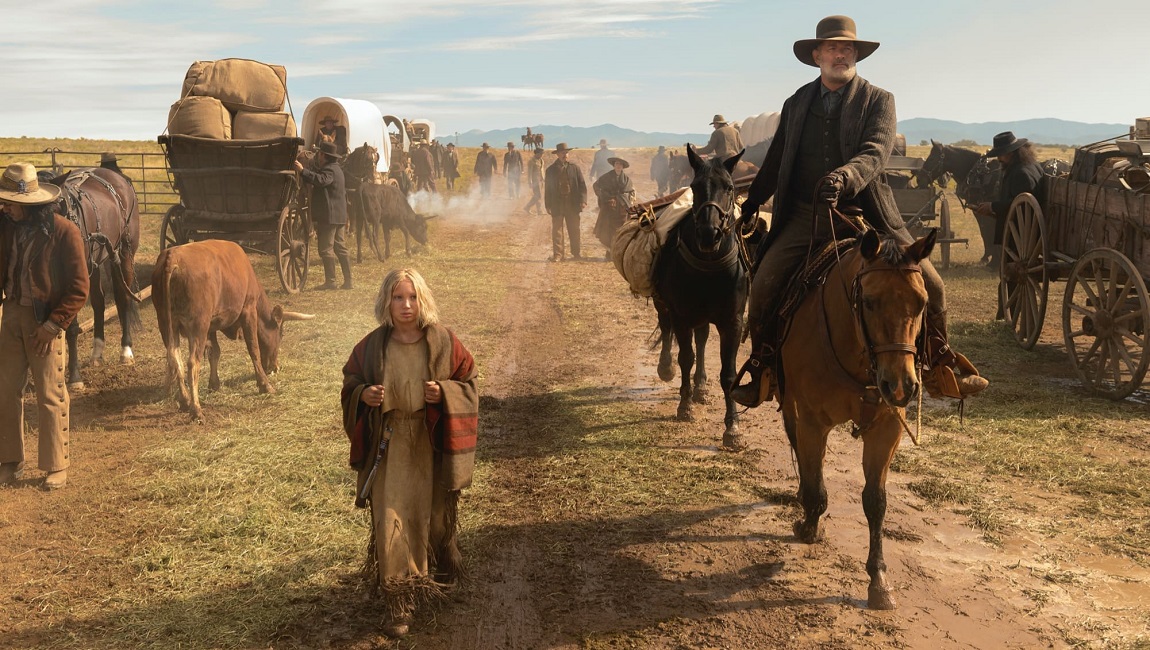Timur Bekmambetov’s Screenlife films have been a proven source of forward-thinking cinematic fun and big box office returns for a good many years now, with a recent five-picture distribution deal for Universal that suggests a long-term commitment to the technology/filming style from the studio. Great news, as Bekmambetov and the filmmakers he selects to direct his projects (he’s generally acting in a producer role) have only gotten stronger and more confident at realizing this approach to telling cinematic story, using the screens of laptops and smartphones to convey a variety of stories and genres. 2021 Sundance selection R#J proved to be the liveliest and most adventurous Screenlife project yet, taking the mode out of the horror/thriller genre and into Shakespearean territory for the first time, to great effect. One hoped that this suggested the path forward for Bekmambetov and co., and perhaps it does (he has been quoted as having 50 Screenlife projects in varying stages of development, after all), but sadly, latest effort #Blue_Whale is a step backward for the producer and his generally consistent vision.
#Blue_Whale brings Screenlife back into horror territory, for what ultimately plays as a less compelling take on the masterpiece of the form, Unfriended: Dark Web. Taking Bekmambetov back to his native Russia to work with relatively fresh director Anna Zaytseva (this is her debut feature, following a few shorts), #Blue_Whale capitalizes on the recent real-world fervor around The Blue Whale Challenge, a sinister social media game ostensibly originating in Moscow that encouraged teenage participants to self-harm and eventually commit suicide. The real life Blue Whale phenomenon was characterized and complicated by an intense media scrutiny that may or may not have turned a creepypasta into upsetting reality (three people were eventually arrested in connection to the dissemination of the challenge, but who knows).
But, none of that has much bearing on what happens in #Blue_Whale, which opts to turn this material into straightforward horror, concocting a spooky, conspiratorial organization responsible for coaxing depressed teens into ending their own lives over the course of 21 steps. Each step is a different challenge designed to humiliate and isolate the already vulnerable, high school-age participants, a process that claims the life of the film’s protagonist’s sister in its opening moments. Following this loss, Anna Potebnya’s Dana infiltrates the Blue Whale group chat with the intent of getting revenge on those who orchestrated it, but “pretending” to play the game ends up boiling down to about the same thing as actually playing it. A low-tier thriller plot in the vein of many Screenlife films, Bekmambetov’s phone-screen formalism is generally so accomplished that considerations of plot are far from the mind, but unfortunately, #Blue_Whale’s grasp on the language of this medium isn’t as firm as the films that have come before it, with the editing (re: switching between apps and tabs) failing to establish a rhythm and taking too many chronal shortcuts. Non-Russian speakers will also inherently get less from the film, as the dense, text-heavy Screenlife compositions aren’t completely translatable, your eye always immediately drawn to the most relevant text, everything else eschewed. An unfortunate, noticeable step down from what’s come (recently) before, #Blue_Whale exemplifies the worst possibilities offered by Screenlife, which had thus far been nimbly avoided. Though, with a take on Cyrano de Bergerac apparently right around the corner (Liked, still no official release date), Bekmambetov may already be steering the ship back where it needs to go.
Published as part of Fantasia Fest 2021 — Dispatch 5.







